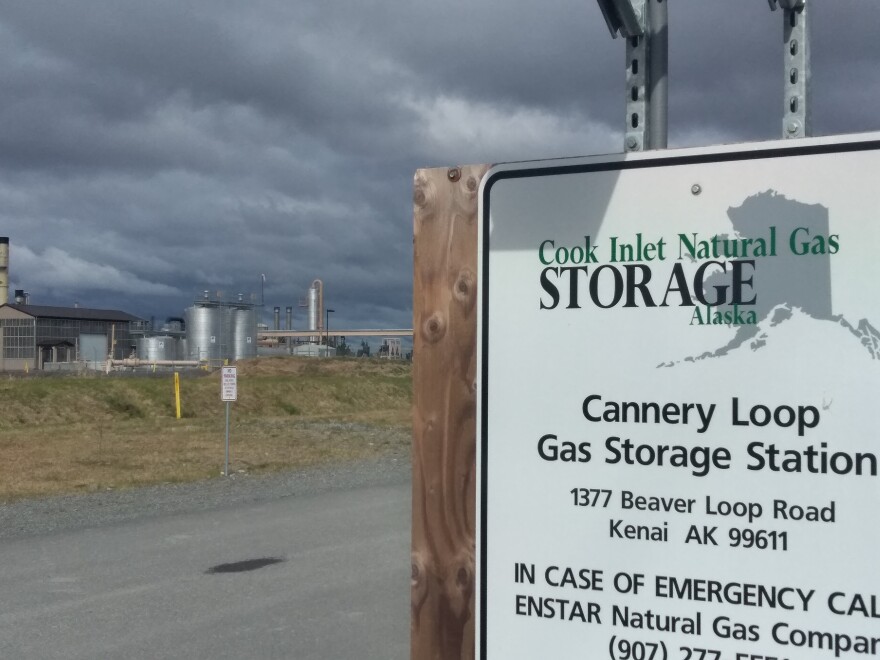Federal officials warn U.S. households will pay more to heat their homes this year.
But Alaska is insulated from those changes. ENSTAR spokesperson Lindsay Hobson said that’s because the company has pre-existing long-term gas contracts.
“Enstar is completely separate up here, where we contract with local producers in Cook Inlet for the production and then we deliver the natural gas to our customers,” she said.
Many Alaska homes — and half of all homes across the U.S. — are heated with natural gas.
U.S. households that heat their homes with natural gas are expected to pay 30 percent more for their heating bills this year, according to a report released last month from the federal Energy Information Administration.
That’s as natural gas prices spike in response to rising demand. And many companies aren’t equipped to handle that demand since they cut back investment in new production during the pandemic.
But ENSTAR already has its gas price set for this winter.
Each July, the company files with the Regulatory Commission of Alaska to set the cost of gas that consumers will pay until the following July.
“Last July, the gas cost adjustment that we filed with the Regulatory Commission of Alaska actually included a 2.4 percent decrease over the previous year. And so that is the rate that will be in effect for the upcoming year, and that will be in effect through 2022,” Hobson said.
Still, natural gas prices in Alaska are higher than in much of the country. ENSTAR pays about $8 per thousand cubic feet. It gets most of its natural gas supply from oil and gas company Hilcorp, in Cook Inlet.
The national price is about $5.50 for the same amount. An exception is New England, where natural gas costs roughly four times as much.
And another factor in the federal agency’s forecast is weather. The National Oceanic and Atmospheric Administration is predicting a colder winter this year than last, both in the Pacific Northwest and in Southcentral Alaska.




